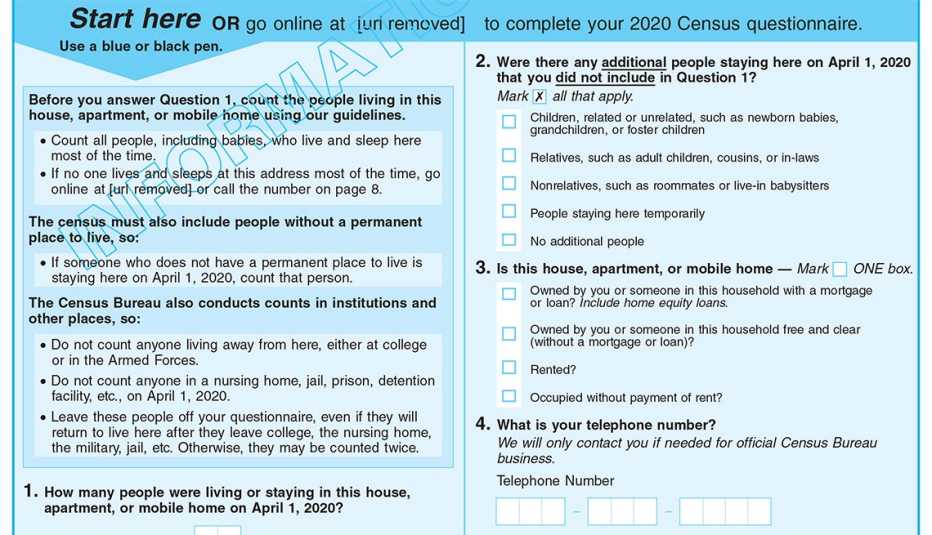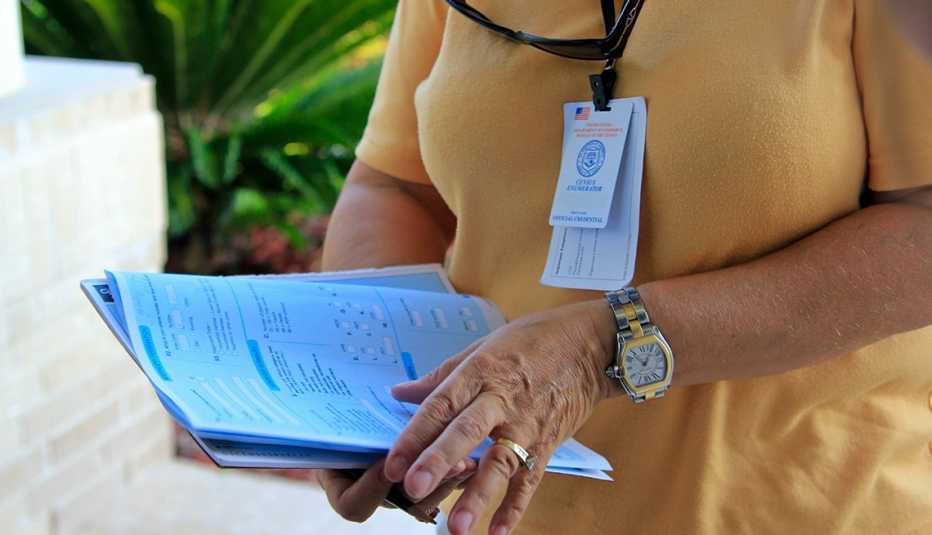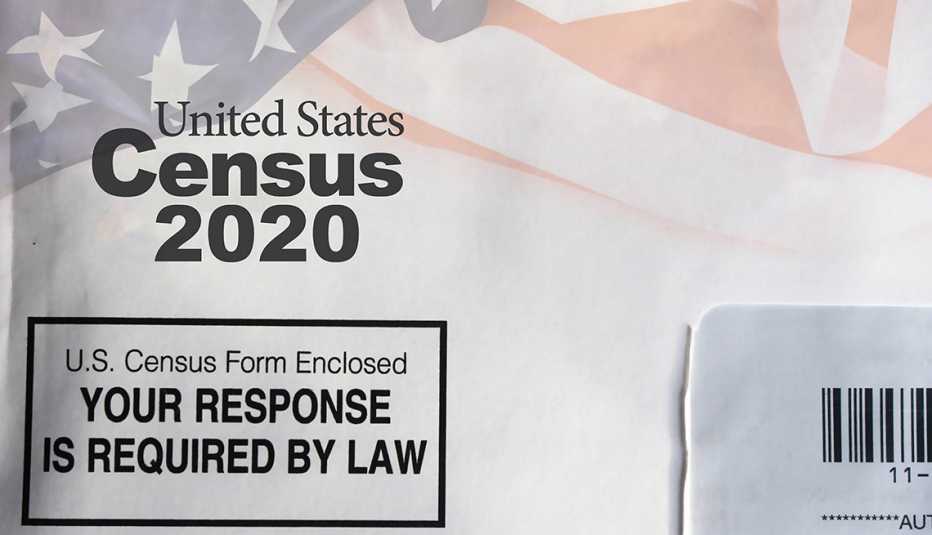Staying Fit
Starting in mid-March, U.S. households will receive a mailing from the U.S. Census Bureau inviting people to complete the census, a once-every-10-years count of every person living in the United States.
The questionnaire will ask you for personal information, including your race, gender, date of birth and whether you own or rent your residence.


AARP Membership— $12 for your first year when you sign up for Automatic Renewal
Get instant access to members-only products and hundreds of discounts, a free second membership, and a subscription to AARP the Magazine.
If you answer online, by phone or by mail, you won't be visited by census workers, who, beginning in May, will be knocking on doors and asking these questions.
Meantime, be alert to the potential for fraud and scams. Crooks and con artists may masquerade as census workers when they're actually after your cash or personal data.
Here are nine things you — and anybody living with you — won't be asked for during the big census count.
1. Your money. There is no payment or fee attached to completing the census. Likewise, the Census Bureau won't ask for a contribution. Watch out for suspicious mailings that may resemble a census form but are sheep's clothing to solicit a donation or purported “processing fee."
2. Your Social Security number. Safeguard these nine digits at all times.
3. Your credit card and debit card numbers. These belong to you — not Uncle Sam. Nor will the census ask you for a bank-routing number or account number associated with any of your financial holdings.
4. Your computer passwords. Never divulge these to a stranger.
5. Your political affiliation or beliefs. The census doesn't go there.
6. Your religious affiliation or beliefs. Not the government's business.
7. Your driver's license number. Not up for grabs.
8. Your citizenship status. They don't ask, so don't tell.
9. Your passport number. Keep this identifier, and the fascinating trips you've taken, private.
Watch out for crooks during the 2020 census:
- Between March 12 and 20, U.S. households will begin receiving a Census Bureau mailing on how to respond to the census online, by phone or by mail.
- For the first time, people will have the opportunity to complete the once-in-a-decade census online. The vast majority of people are expected to submit their answers electronically.
- Be aware the Census Bureau won't send an unsolicited email requesting that you answer the census.
- The Census Bureau is warning people to avoid fraud and scams whether online, on the phone or in person.
- Be alert to so-called phishing emails, which try to induce you to reveal sensitive personal data. Stay away from fake websites. Don't click on strange links, which might lead to malware, which is malicious software designed to damage a computer, server or computer network.
- If you suspect fraud, call the bureau's Customer Service Contact Center, 800-923-8282.
- If you are completing a paper census questionnaire, here's a guide.
- April 1 is Census Day. By then, every household should have received an invitation to participate in the big count.
- Between May 1 and July 31, census workers will visit households that haven't completed the census to make sure everybody is counted.
- For additional information, check out the 2020 census website.
Note: the Census Bureau also is cautioning people to avoid falling for phony information about the 2020 census.
If you see false information about the Census Bureau or the 2020 census email rumors@census.gov.
AARP, a community partner to the Census Bureau, has these tips for protecting yourself.





































































